The Young Researchers Group brings together all MA and PhD students of CLUNL. It was created in April 2006. Its main aim is to provide a place for scientific discussion among young researchers of CLUNL and to make available to the scientific community recent research and ongoing work in the field of Linguistics.
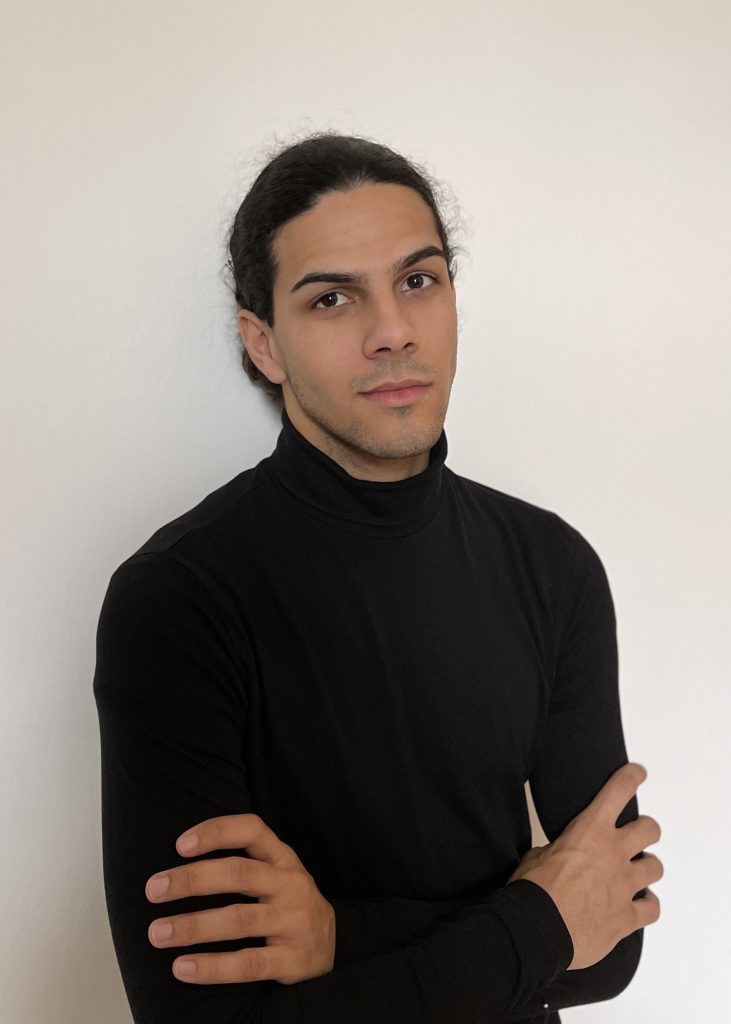
He has a degree in Translation from NOVA FCSH and a postgraduate degree in Globalisation, Diplomacy and Security from NOVA FCSH in partnership with IUM. Master in Language Sciences, specialising in Terminology and Specialised Information Management. Master’s student in Political Science and International Relations and PhD student in Linguistics: Lexicology, Lexicography and Terminology, both at NOVA FCSH. His doctoral thesis will be a continuation of his master’s dissertation, the topic of which is terminology in the military sciences. He was awarded a research grant for the MORDIGITAL project (PTDC/LLT-LIN/6841/2020).
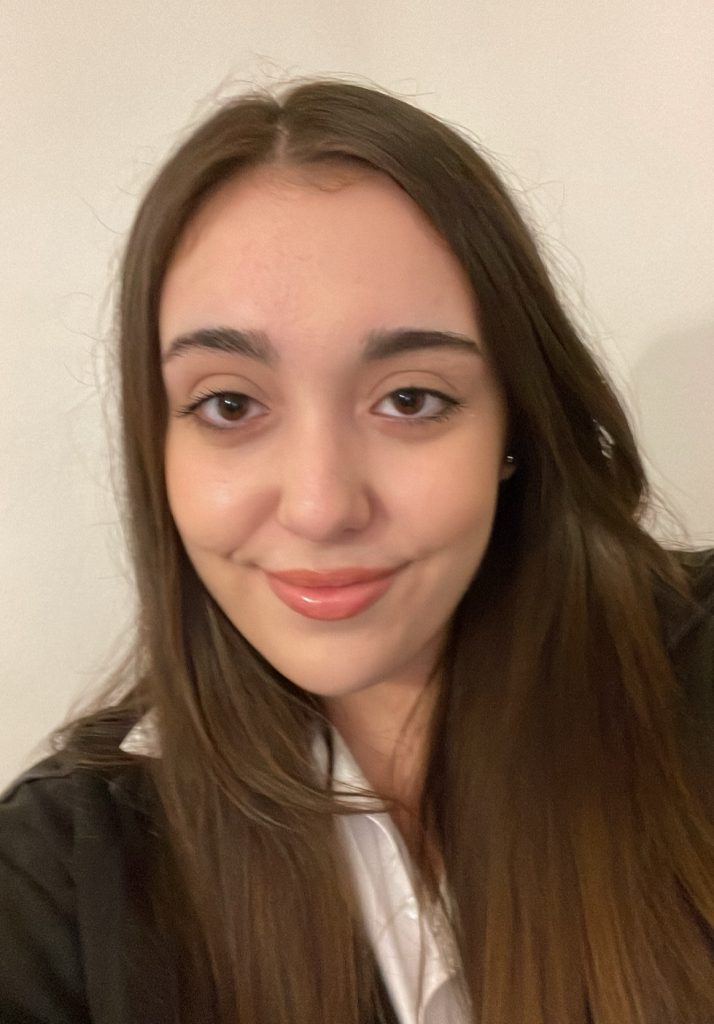
PhD student in Linguistics focusing on Lexicology, Lexicography and Terminology at NOVA FCSH under the supervision of Professor Raquel Amaro and Professor Matilde Gonçalves. She holds a Master’s degree in Language Sciences with a specialization in Terminology and Specialty Information Management from the same institution. She was a research fellow in the EXPRIMI project (UIDB/03213/2020) in which she developed her master’s thesis entitled “Text mining for the detection of linguistic traits of inclusiveness: analysis of texts used in the reception and integration of migrant people”.
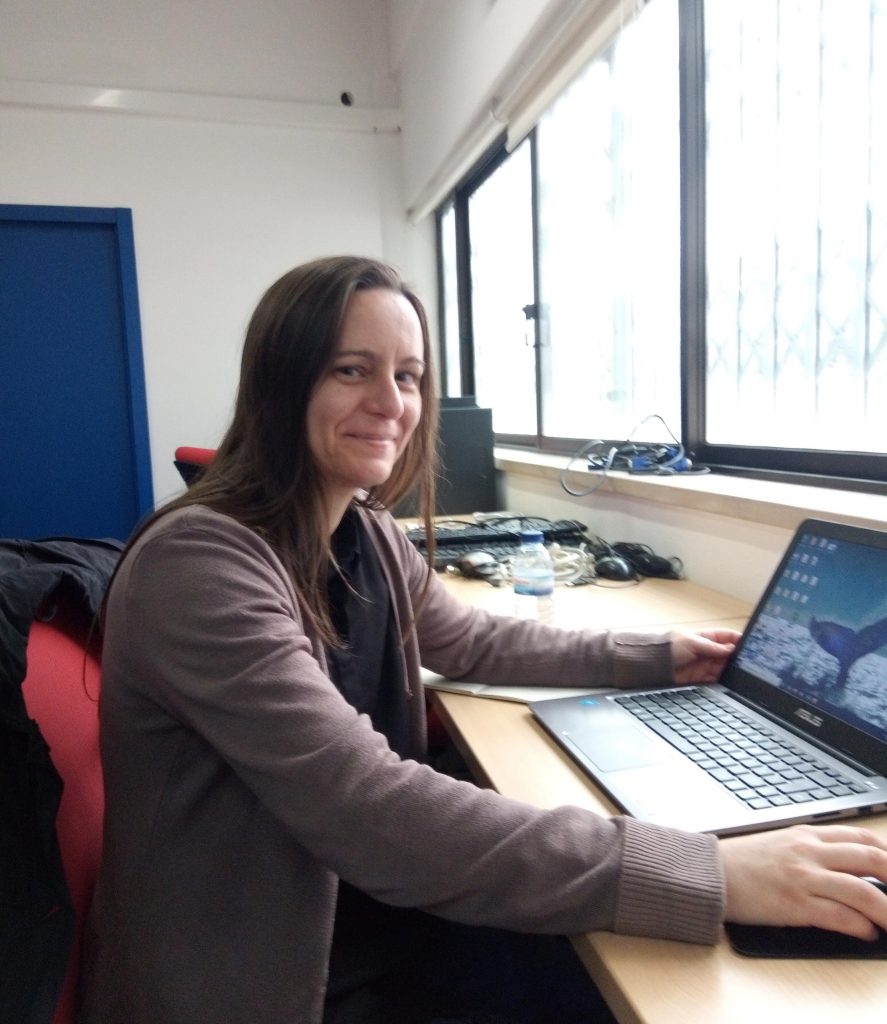
She graduated in Language Sciences at the School of Social Sciences and Humanities of the Universidade NOVA de Lisboa (NOVA FCSH) in 2016. She completed a Master’s degree in Language Sciences at the same University in 2018. She worked as a linguist at Lionbridge in 2017-2018 and collaborated in the Clarin Project – Research Infrastructure for Science and Technology of Language. Currently, she is a PhD student at NOVA FCSH in the fields of Semantics and Historical Linguistics.
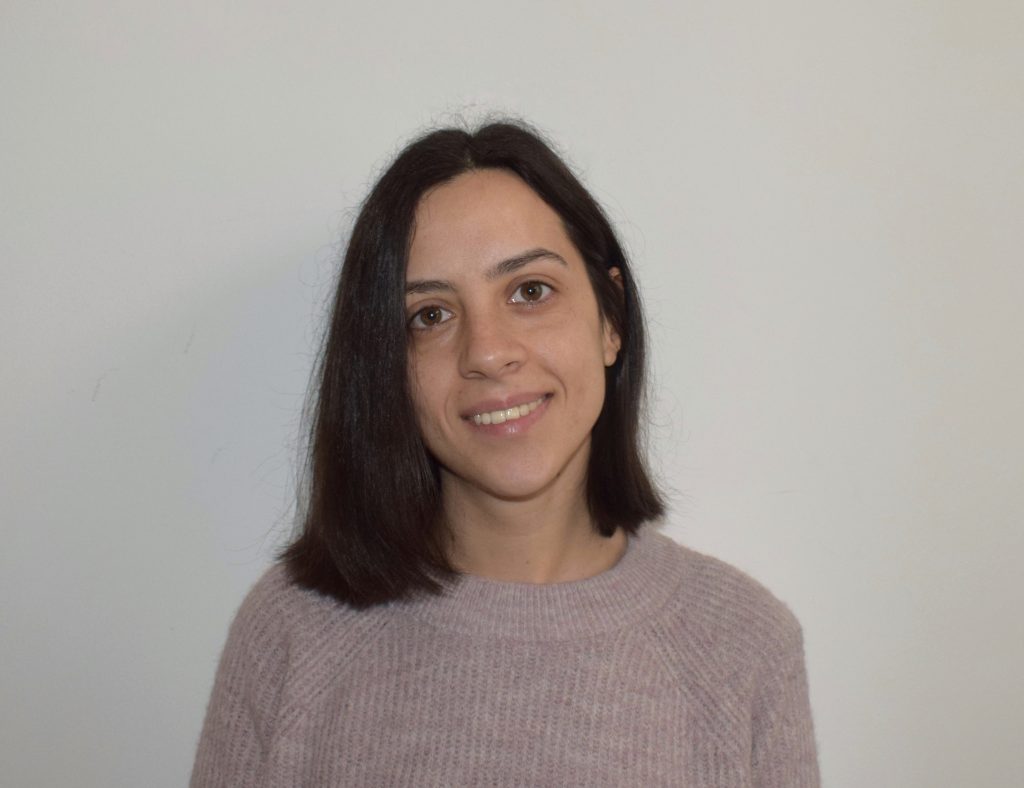
She has a degree in Translation and a master’s degree in Translation with a specialization in English from NOVA FCSH. She has a specialization course in Translation Practices and Technologies from the School of Arts and Humanities of the University of Lisbon. She is currently studying for a master’s degree in Language Sciences, specialization area in Terminology and Specialty Information Management. She is a researcher on the project Horizon Europa: HetERogeneous sEmantic Data integratIon for the guT-bRain interplaY [Grant agreement ID: 101137074].
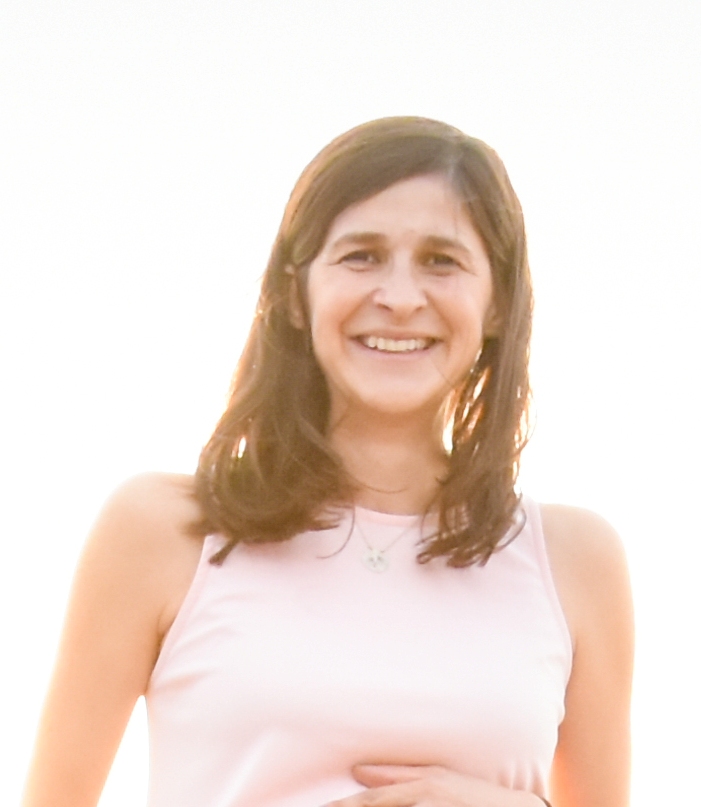
She is a research grant holder within the project PIPALE. She has a master degree in Child Language Development and Disorders with a specialization in Language Education and Teaching, from School of Social Sciences and Humanities of the Universidade NOVA de Lisboa and Escola Superior de Saúde of the Instituto Politécnico de Setúbal. Her dissertation on the acquisition of verbal inflectional morphology by bilingual children was supervised by professor João Costa. Her main research areas are First and Second Language Acquisition. Currently, she is a PhD student in Linguistics, specialization in Linguistics and Language Teaching.
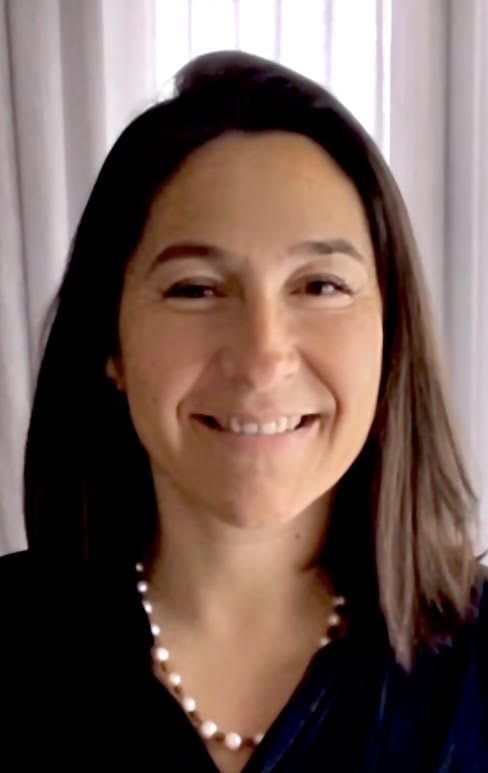
Joana Miguel has been a Speech Therapist since 2006, by Escola Superior de Saúde de Alcoitão, specialized in Special Needs Education by the Faculdade de Motricidade Humana of Universidade de Lisboa, in 2009. Currently a PhD student in Psycholinguistics at the Faculdade de Ciências Sociais e Humanas of Universidade NOVA de Lisboa. Her professional practice is related to children and adolescents with neurodevelopmental disorders. She is the clinical director of CAIDI (Centro de Apoio e Intervenção no Desenvolvimento Infantil), coordinating the Research and Development Department. Her research interests are language processing, reading and writing.
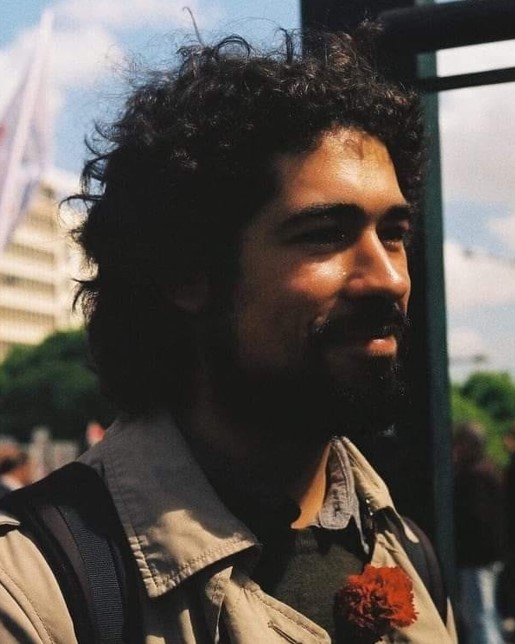
He is a PFL teacher and a PhD student in Linguistics (Psycholinguistics) at NOVA FCSH. He completed his MA in Language Sciences (Linguistics) at Universidade NOVA de Lisboa with a dissertation in experimental psycholinguistics on the processing of gender features in European Portuguese. In 2021, his dissertation was awarded the “Prize for Gender Equality and Diversity NOVA FCSH 2020-2021” and the “APL / Maria Helena Mira Mateus Research Award 2021”. Currently, his main research focus concerns the interaction between Gender, Language and Human Cognition.
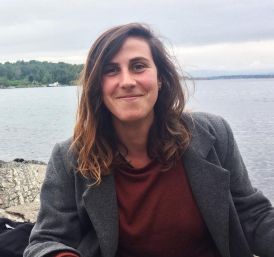
PhD student in the School of Social Sciences and Humanities of the Universidade NOVA de Lisboa, Maria Ribeiro develops her research work in the area of Historical Linguistics. She graduated in Philosophy from the Faculty of Arts and Humanities of the University of Lisbon and also holds a Master’s Degree in Language Sciences from NOVA FCSH. She is a collaborator in the Grammar & Text group of CLUNL.
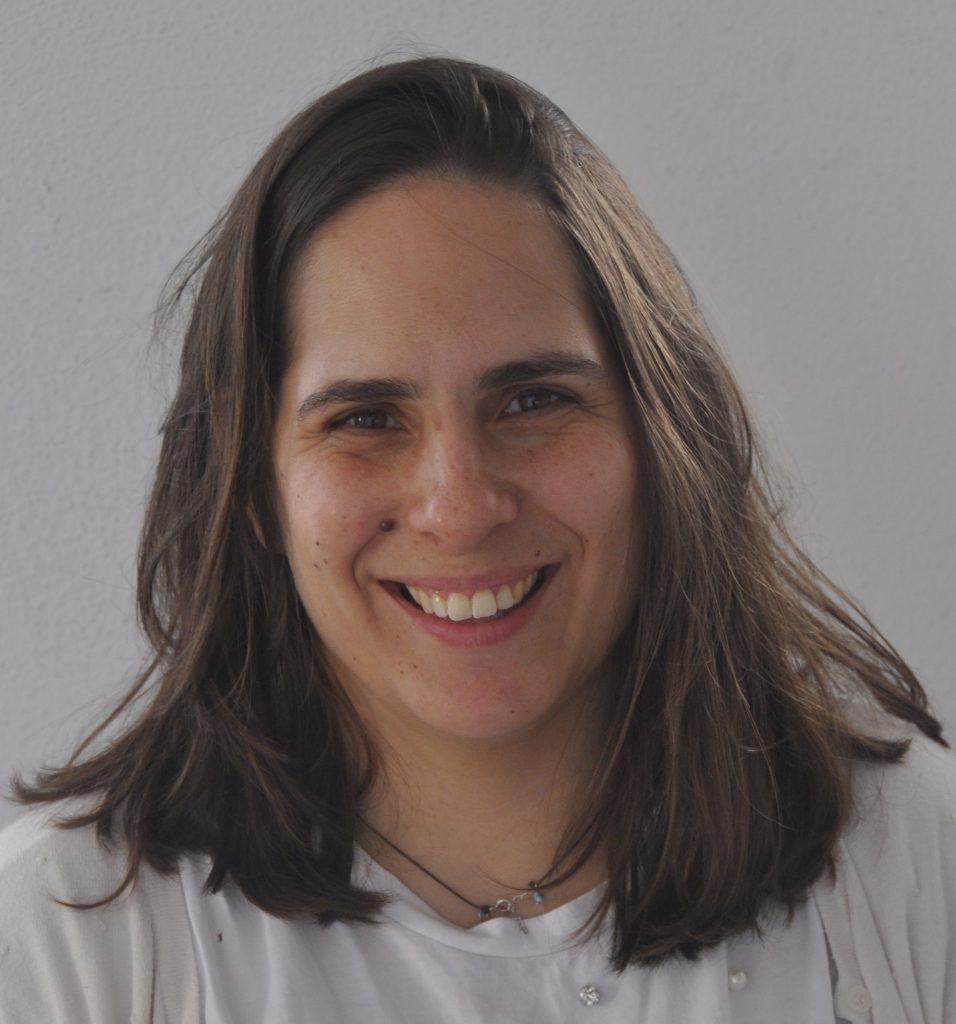
PhD student in Linguistics and Language Teaching, with a research project in Portuguese as a Heritage Language. She has a degree in Modern Languages and Literature – Portuguese Studies, from the University of Lisbon and a Master’s degree in Portuguese as a Second/Foreign Language from the University of Porto. She is a teacher of Portuguese language in Secondary school and has collaborated with Camões, I.P., in Portuguese Courses for foreigners, since 2012. She was a Lecturer at Instituto Camões in New Jersey. She has worked in the development of teaching materials, being the co-author of several workbooks of Portuguese as a foreign language, for general and specific purposes.

Ricardo is a PhD student in the branch of Lexicology, Lexicography and Terminology. His MA’s dissertation was developped in the context of the topic of Textual Complexity through the creation of a framework for gauging complexity in texts. Beyond this topic of interest, his PhD project revolves around Computational Linguistics, namely the modelization of Metaphor.
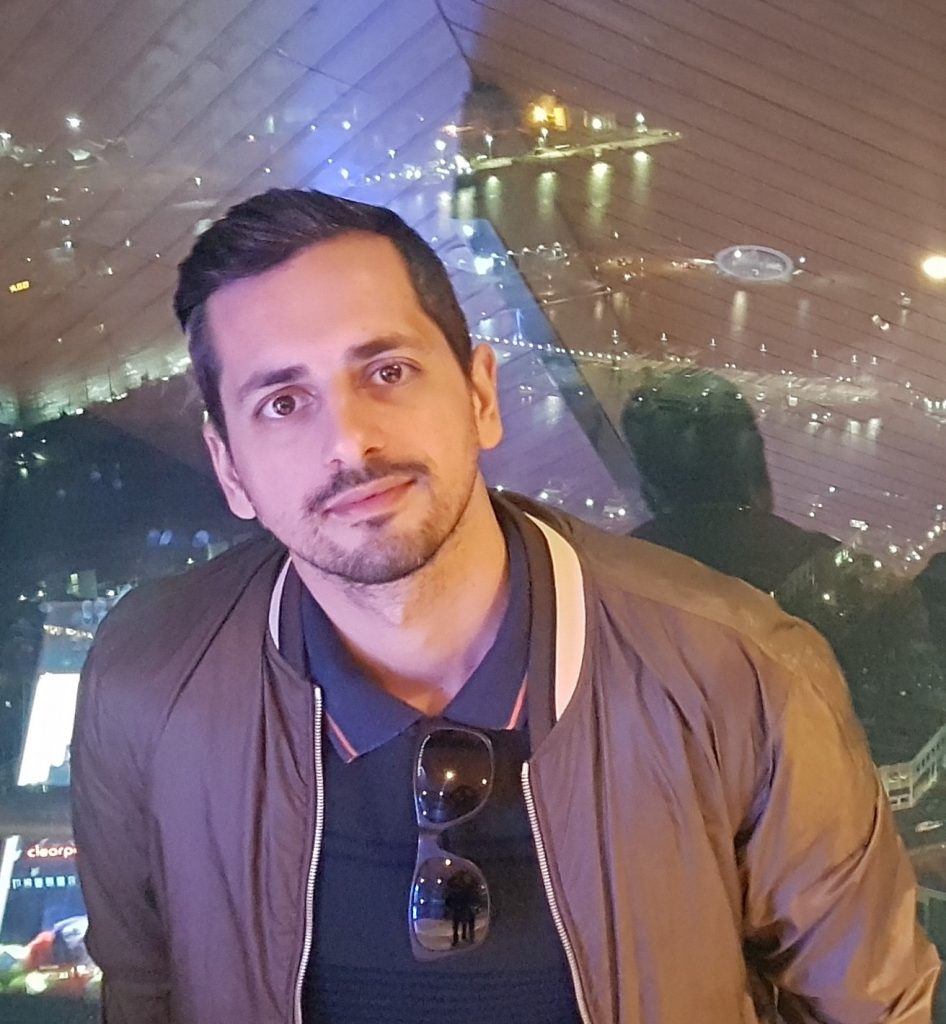
Ronan Pereira holds a master’s degree in Sciences of Languages and currently is a PhD student in Linguistics – Psycholinguistics. He has been working as a language teacher (English and Spanish) for over eight years, teaching face-to-face and online classes for adults. Courses taken include CELTA and Post-Graduation in Teaching Methodology, as well as language and education related short courses. His fields of study are language acquisition and dialectology, especially in what concerns L2 and D2 acquisition.
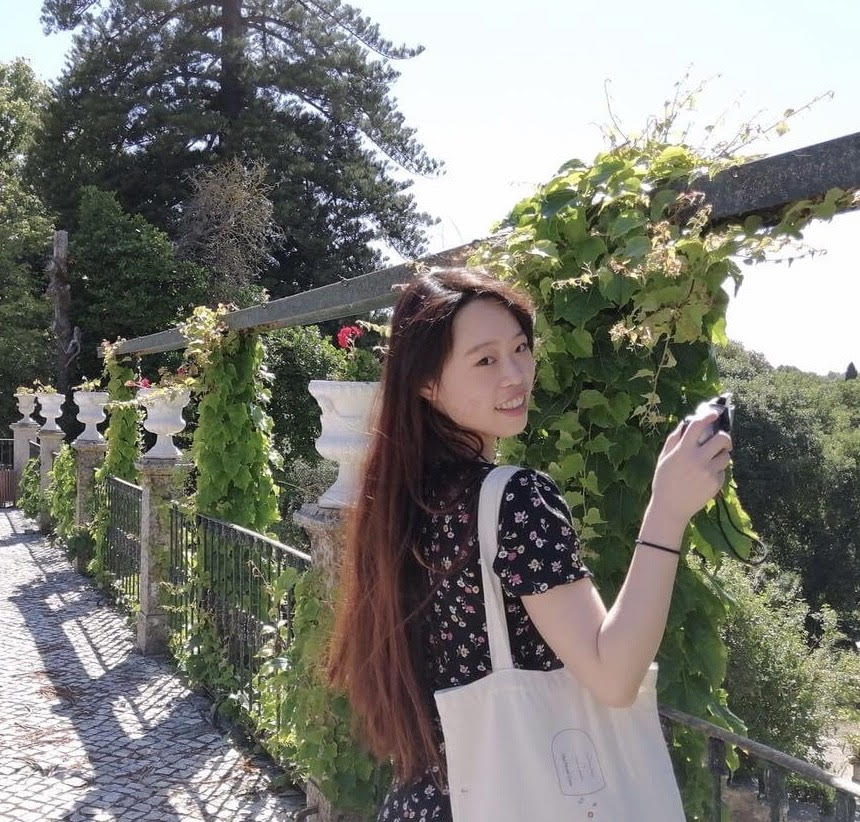
She graduated in Portuguese Language and Culture at the University of Foreign Studies in 2017, and she is completing her master’s thesis on “Acquisition of European Portuguese cleft structures by L1 Mandarin learners” at the University of Lisbon. She is currently a PhD candidate in Linguistics at NOVA FCSH. Her research interests include syntax, Portuguese linguistics, Chinese linguistics and non-native language acquisition.